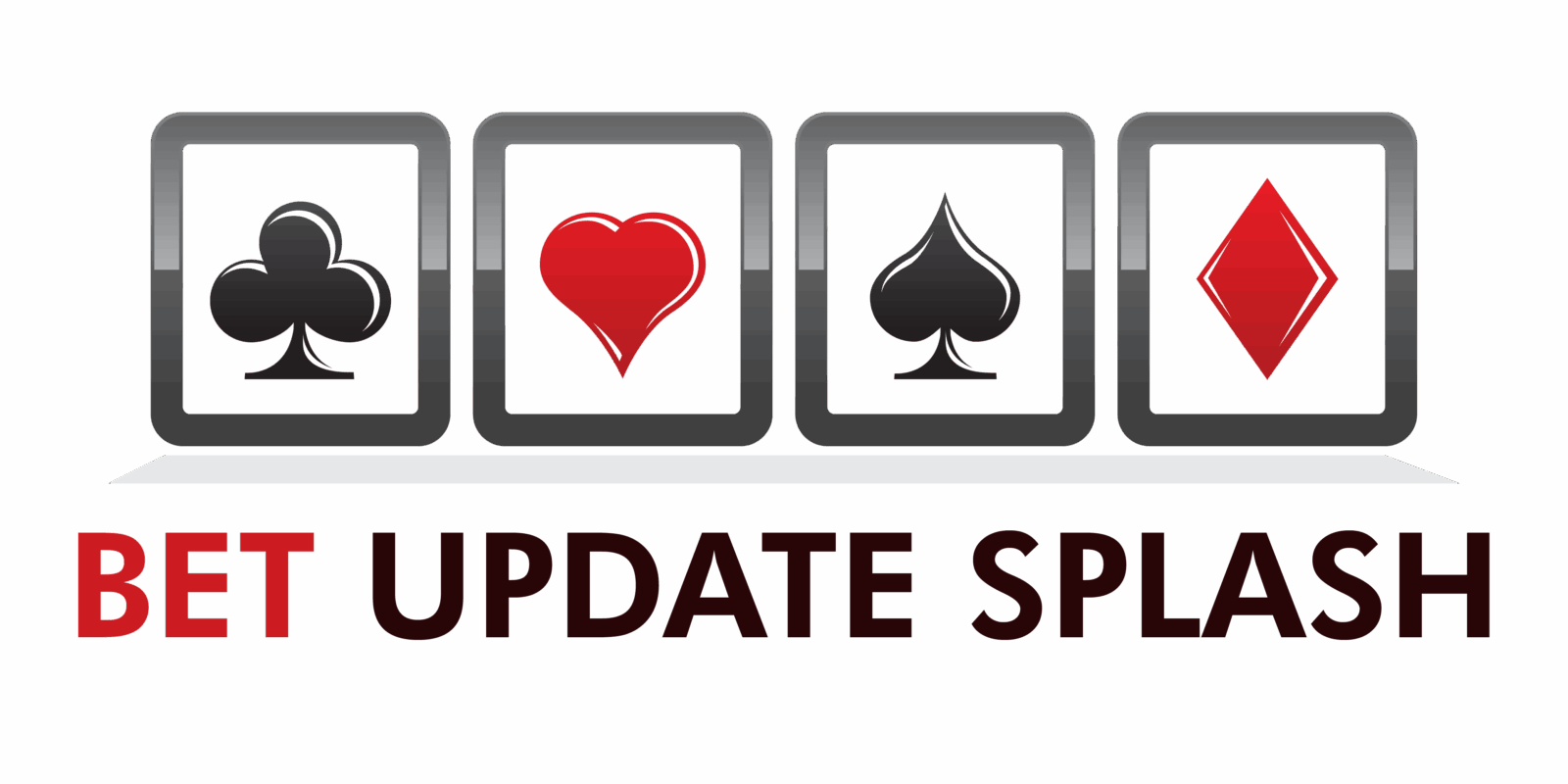Introduction: Why Underdog Stories Hit Different
There’s something hardwired in us that loves an upset. The longshot pulling through. The rookie outsmarting the system. In a world built on odds, it’s human nature to defy them. Underdog stories speak to our inner rebel—proof that grit, timing, and a little creativity can turn the tables.
But it’s not just the win itself. What makes these stories stick is what they reveal about the person behind the bet. It’s about instinct sharpened by failure, confidence earned through quiet work. These moments of surprise carry weight because they’re rarely flukes—they’re chapters in a longer grind most people never see.
Here’s where we draw the line: this isn’t about fairytales or magic tickets. Betting runs on math, not mysticism. Strategy beats superstition every time. The stories in this piece are inspirational, sure—but they’re rooted in planning, pattern-spotting, and resilience, not blind luck.
Story 1: The Accidental Ace
A Lucky Swing? Not Exactly
When a first-time bettor hits big, most people chalk it up to pure luck. But in this case, a beginner placed a multi-leg parlay with near-perfect accuracy—and walked away with a five-figure payout. What seemed like a naïve bet turned out to be a surprisingly calculated move, whether intentional or not.
The Winning Bet Slip: A Closer Look
Here’s a snapshot of what made the bet remarkable:
- Type of bet: 5-leg parlay
- Sports included: NBA, Premier League Soccer, UFC
- Total odds: +12800
- Wager: $25
- Payout: Just over $3,200
To most seasoned bettors, this looked like a hopeful swing. But unpacking the bettor’s selections revealed something interesting: each pick was backed by recent team momentum, player injuries, or psychology—information they casually gathered from daily sports talk shows.
Insights from a Fresh Perspective
Though the win was seen as beginner’s luck, there are a few key takeaways for experienced bettors:
- Beginner clarity: New bettors aren’t overwhelmed by strategy paralysis—they trust their gut and keep selections simple.
- Information overload hurts: Sometimes, less input leads to sharper instincts.
- Unconventional insights work: Not all winning data comes from spreadsheets; entertainment-based sources, if timely, can surface actionable insights.
What the Pros Can Learn
Even veterans can revisit the foundational mindset:
- Don’t ignore the underdog picks that feel right—instinct has value when paired with basic logic.
- Treat every bet with fresh eyes. Familiarity can cause blind spots.
- Complexity doesn’t always equal success—stick to what’s clear and defensible.
So while the win may seem like a once-in-a-lifetime shot, this accidental ace reminds us that betting success can come from anywhere—even the bleachers.
Story 2: Comeback with a Game Plan
Before the 2020 season, Martin was your typical high-volume bettor—big plays, risky parlays, occasional hot streaks followed by cold spirals. At one point, he was nearly $20K in the red and on the brink of giving up altogether. Rock bottom wasn’t just financial; it was mental. He’d chased losses, relied on gut calls, and turned betting into something more emotional than strategic.
Then he walked away. For three months, Martin studied—not games, but himself. He broke down every bad decision, figured out where ego took the wheel, and rewired how he approached bets. When he came back, it was with a simple rule: No play goes down without data to back it.
He built a model—basic at first, spreadsheet-driven—and began tracking spread movement, injury reports, and historical matchup trends. No more last-minute hunch plays. Stakes were smaller, but smarter. He also stuck to rigid bankroll rules: flat betting, caps per week, no excuses.
The shift paid off. Not overnight—but reliably. Over the last 18 months, Martin moved from losses to steady 5–7% monthly returns. His edge isn’t just numbers—it’s discipline. A winning streak doesn’t change his unit size. A bad week doesn’t send him spiraling.
Martin’s comeback isn’t about luck or finding a secret formula. It’s about stripping the emotion, staying data-driven, and treating each bet like a business decision. That, more than any hot tip, is what keeps him in the game.
Story 3: The Stats Whisperer
No lucky streak. No wild parlays. Just straight data.
This bettor—call him RJ—wasn’t your typical gambler. He had a background in applied mathematics and a habit of tracking game data way deeper than the sportsbooks liked. He didn’t bet every day. He didn’t chase losses. What he did was build a system that worked quietly over time and exposed exactly where the market was off.
RJ focused mostly on mid-tier college basketball games—matches most casual betters skip over but that still move lines. He tracked defensive efficiency, turnover ratios, foul patterns, even second-half scoring dips tied to bench rotations. He used tools like Python, Tableau, and open-source sports APIs to crunch trends into betting insights. If AI is the new wave, RJ was riding it before the tide came in.
He wasn’t looking for flashy wins. His edge came from spotting subtle inefficiencies in over/under lines and first-half spreads. Not once did he bet on a hunch. His rule: if the data doesn’t agree, don’t press it.
His ROI? Consistent. Boring, even. But over the course of a season, highly profitable.
For those looking to go beyond the highlight reels and into the numbers game, check out this resource: In-Depth Analysis of Winning Strategies from Recent Games.
Story 4: Beating the Book on a Budget
No flashy bets. No last-minute hail Mary parlays. Just small, steady wins that stack over time. That’s how one low-stakes bettor turned a $100 bankroll into a few thousand—not overnight, but over months of cold focus and repeatable habits.
The system was simple: flat bets, usually $5 to $10, placed only when the data pointed clearly. No chasing losses, no gut feelings. Just a quiet spreadsheet of tracked outcomes and an iron rule—never force a bet. Most days brought a tiny win or a quiet pass. The bankroll grew in quiet steps, not explosive leaps.
This story doesn’t sell YouTube clicks or viral tweets, but it hits differently if you’re in this for the long haul. It’s a reminder that patience beats frenzy. That a sustainable edge—no matter how small—is more powerful than any single winning bet. In the world of betting, the tortoise still has a fighting chance.
Risks and Real Talk
There’s a reason this section lives here—after the wins, before the wrap-up. Because every inspirational betting story has a shadow, and it looks a lot like delusion. The fine line between chasing a dream and chasing losses is razor-thin, and many don’t know they’re over it until it’s too late.
Thinking you’re the next underdog legend? Maybe you are. But unless the wins come with structure—bankroll rules, emotional control, and actual strategy—you’re just gambling, not betting smart. Bankroll management isn’t optional; it’s your lifeline. How much you bet, how often, and how you adjust after wins or losses—all of that matters more than any single hot streak.
Watch for the red flags: increasing stake sizes out of frustration, chasing losses late at night, rationalizing poor picks as “gut calls,” hiding your activity from friends or family. If any of that sounds familiar, it’s time to pause. Victory stories are great—but nobody writes about the guy who lost his rent money on a heater that turned cold fast.
Inspiration is fuel. Delusion is gas on a fire. Know the difference.
Final Thoughts: Winning Is a Mindset
What separates a great betting story from a fluke? It’s not the odds—it’s the mindset. Skill matters. So does strategy. Timing isn’t just luck; it’s knowing when to move and when to wait. The biggest wins we’ve covered weren’t random—they were built on insight, discipline, and a willingness to learn.
That’s where the underdog has the edge. Hunger sharpens focus. Humility keeps egos in check. Hustle turns small bets into long-term gain. When you’re not coasting on a big bankroll or chasing fantasy wins, every move counts. That pressure builds better habits. The grinders tend to outlast the gifted.
If someone else pulled it off, so can you. But skip the hype. Forget overnight success. Start with what’s real: build a process, trust your data, and stay consistent. The goal isn’t the miracle win—it’s repeatable success. Betting like a pro starts with thinking like one.


 As a content writer of BetUpdateSplash Steven Riverswanser specializes in blending technology with sports strategy. With years of experience in digital platforms and predictive analytics, Steven contributes fresh ideas to keep the site ahead of betting trends. His writing combines tech-driven accuracy with an approachable style that helps readers understand the fast-changing world of sports betting.
As a content writer of BetUpdateSplash Steven Riverswanser specializes in blending technology with sports strategy. With years of experience in digital platforms and predictive analytics, Steven contributes fresh ideas to keep the site ahead of betting trends. His writing combines tech-driven accuracy with an approachable style that helps readers understand the fast-changing world of sports betting.

